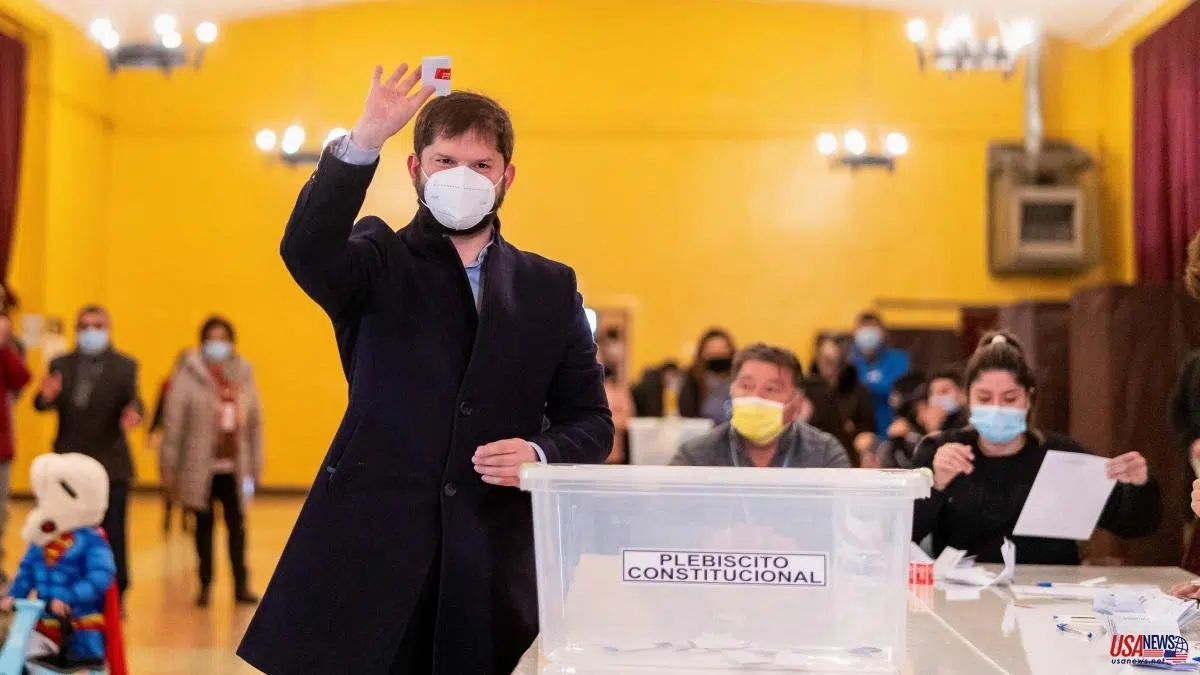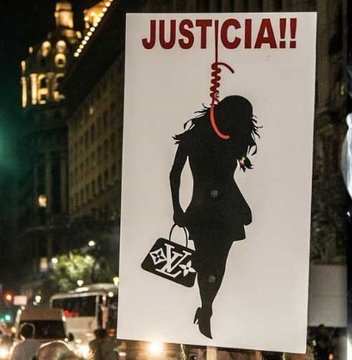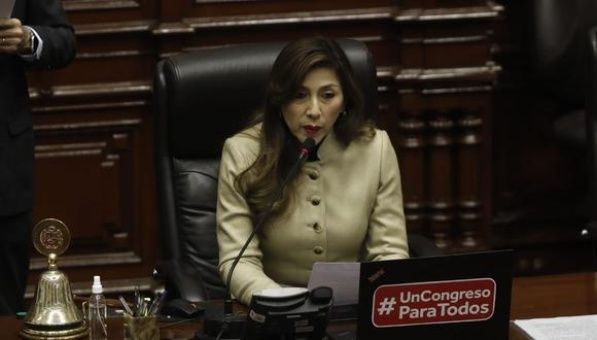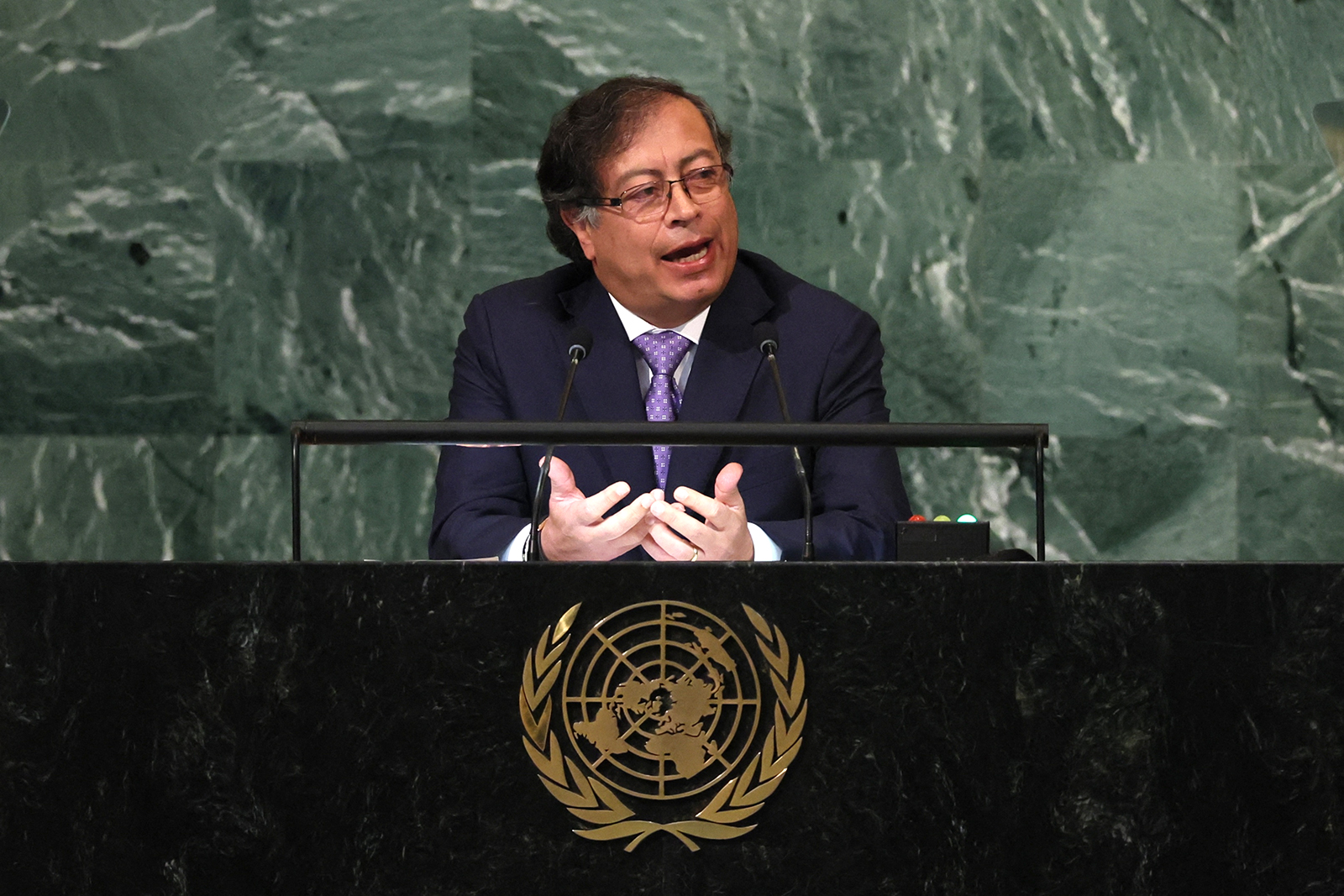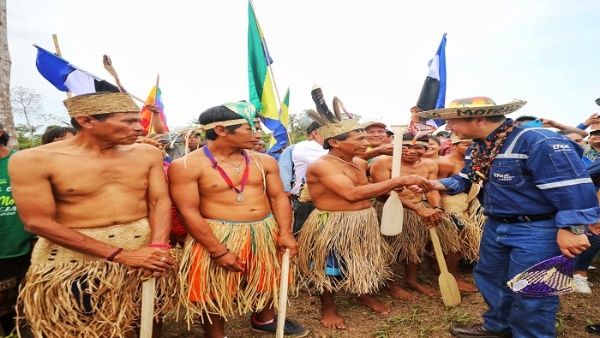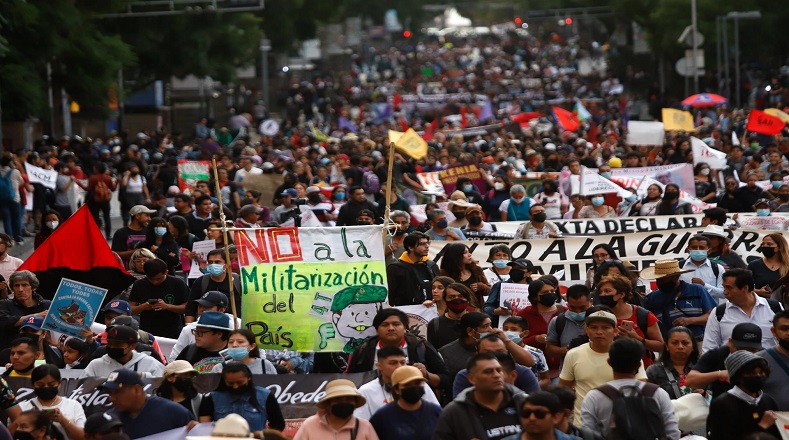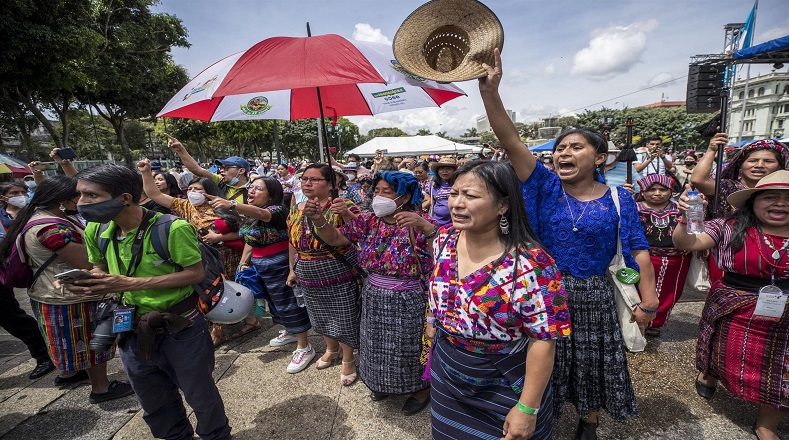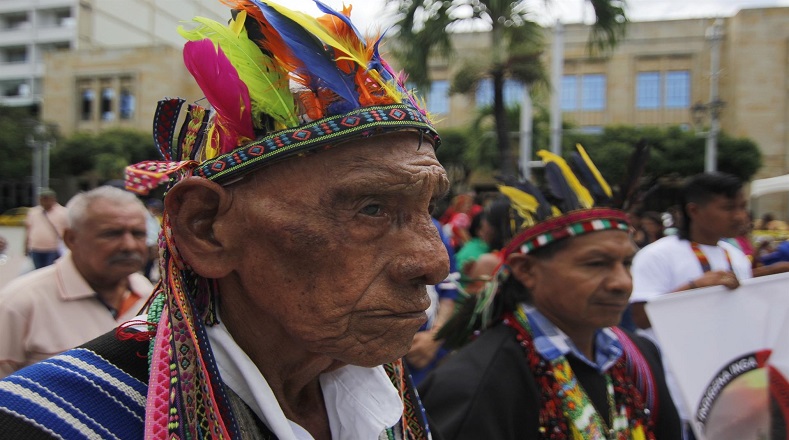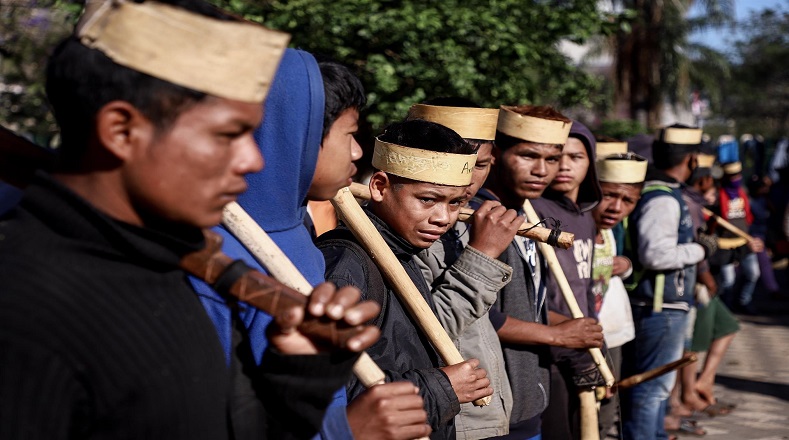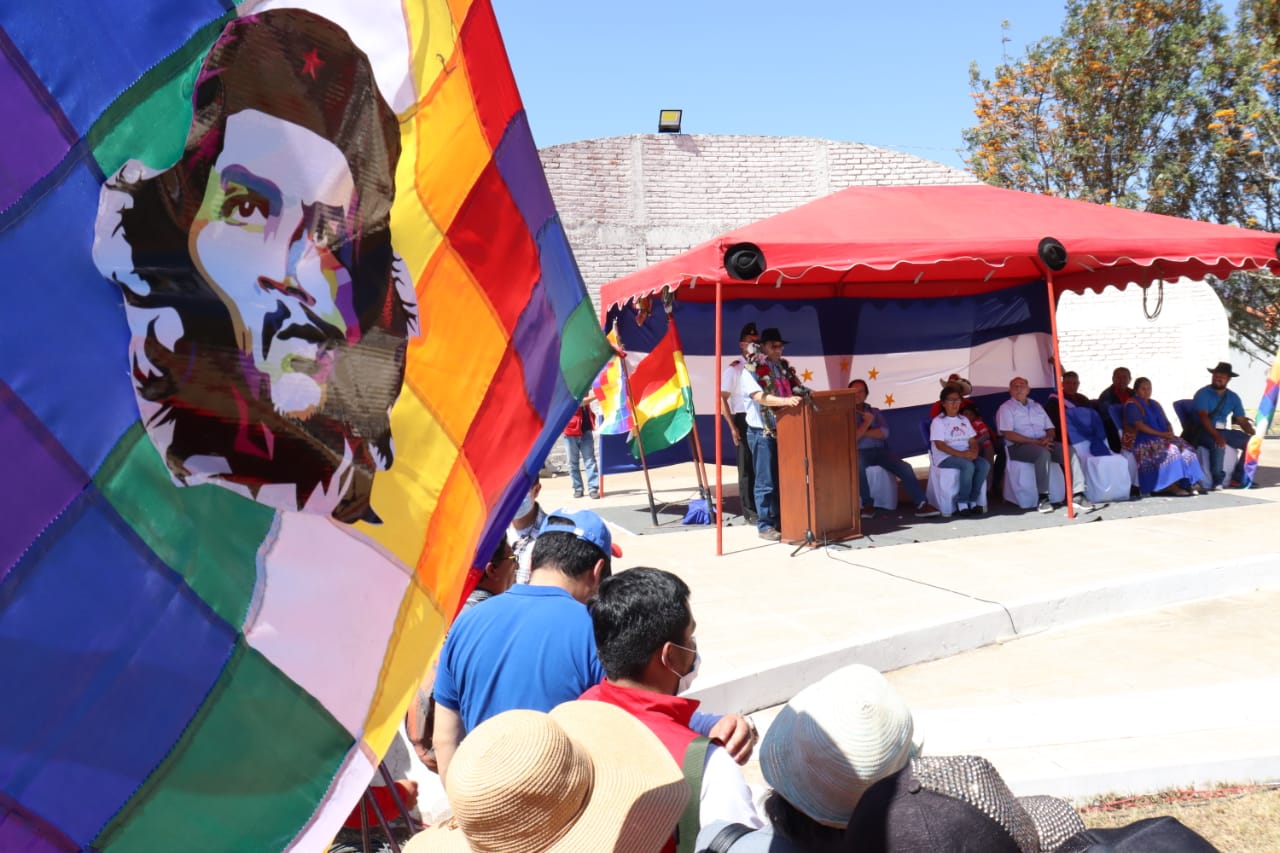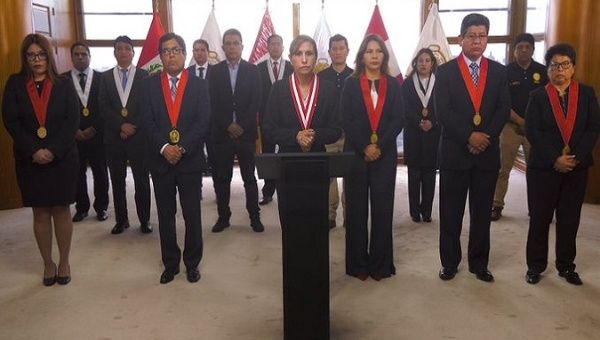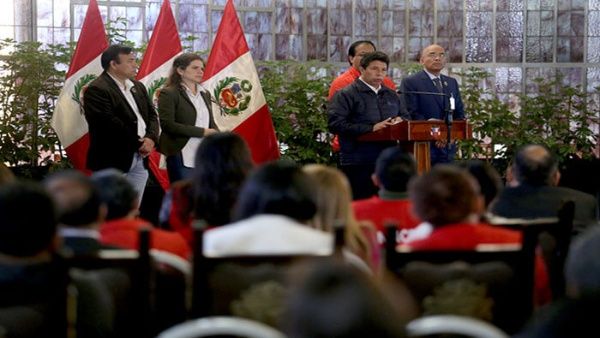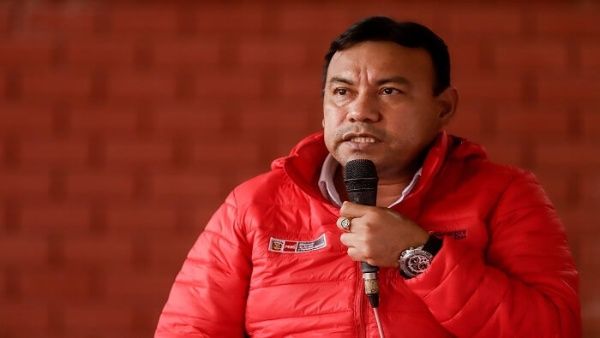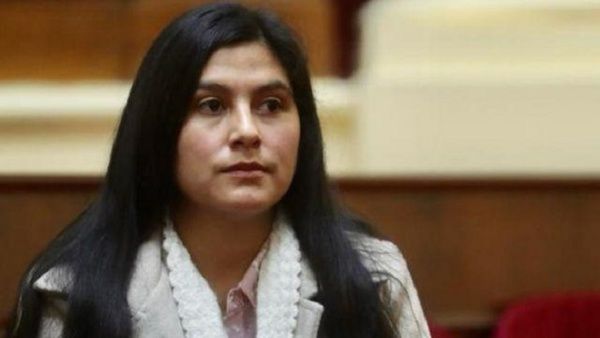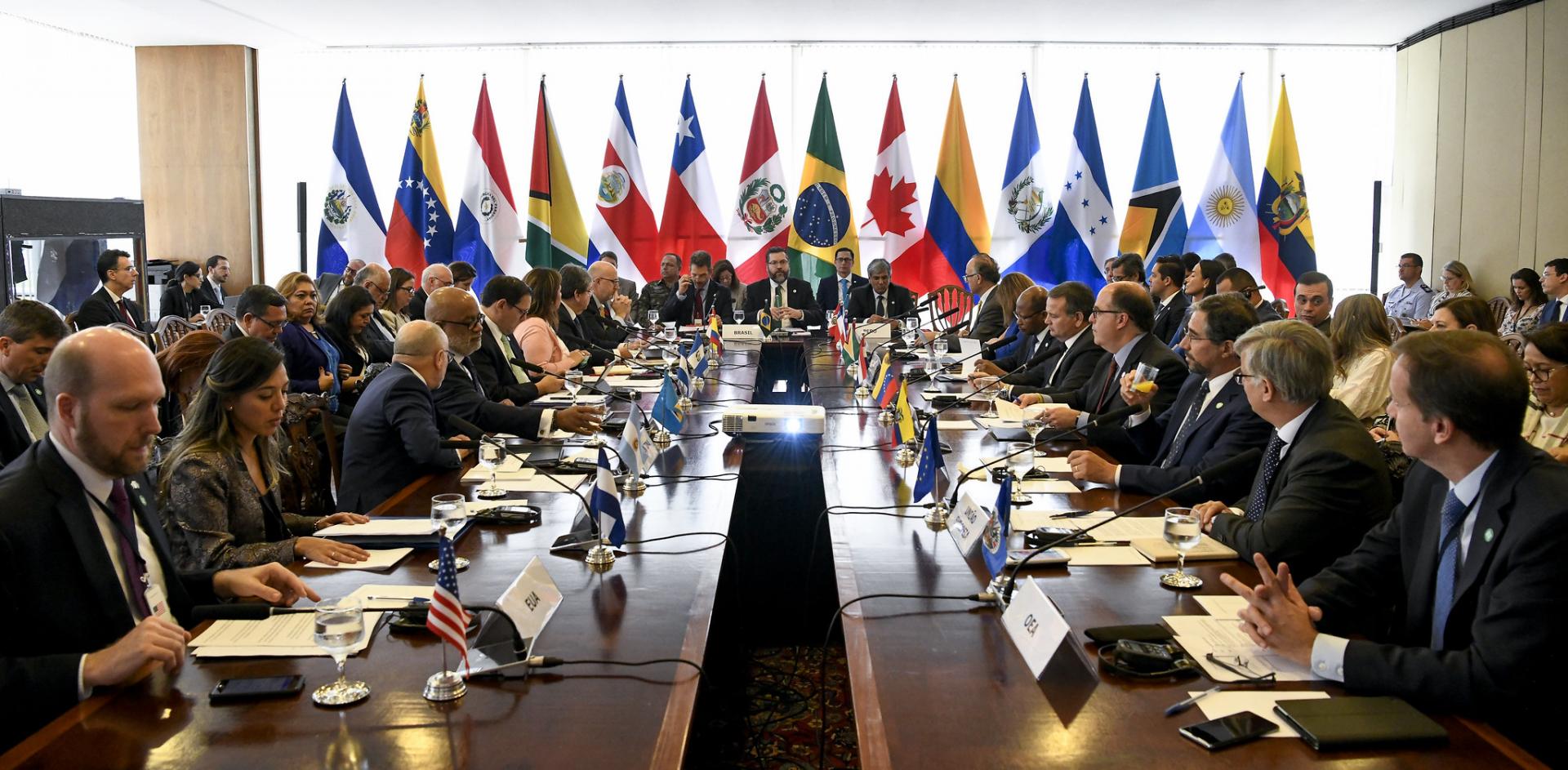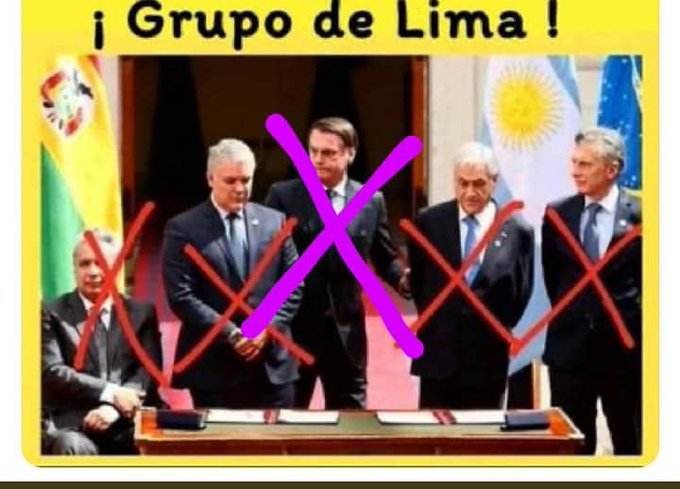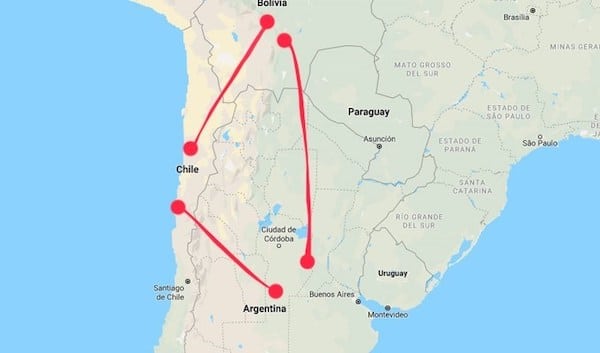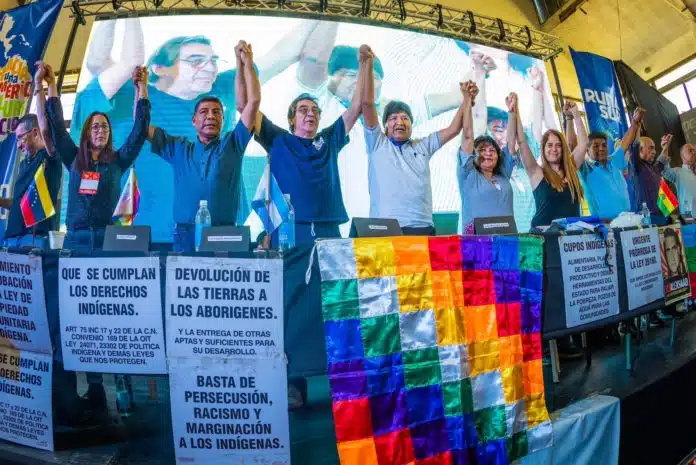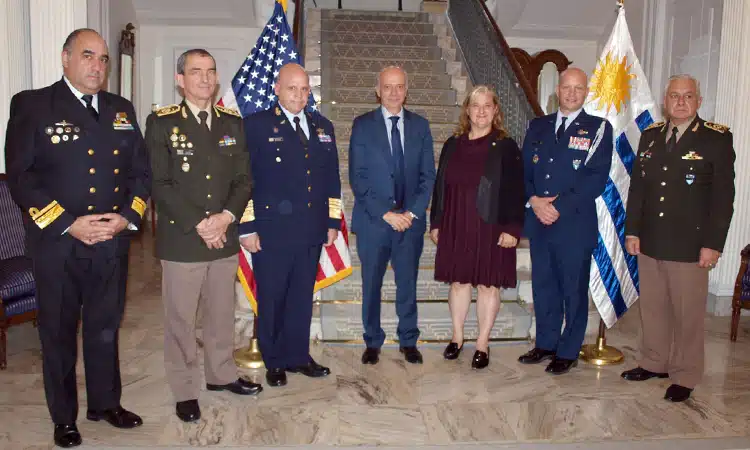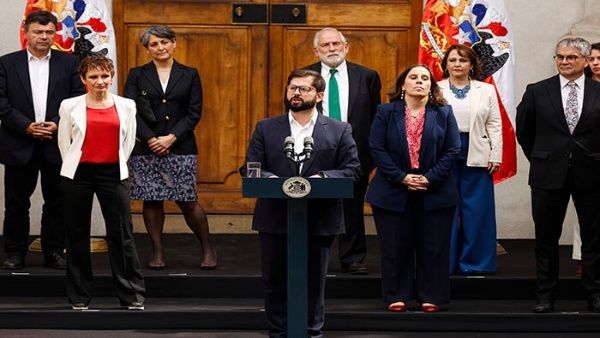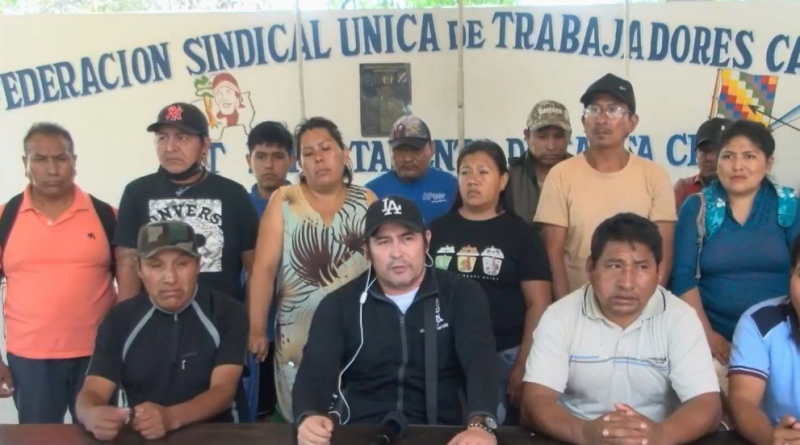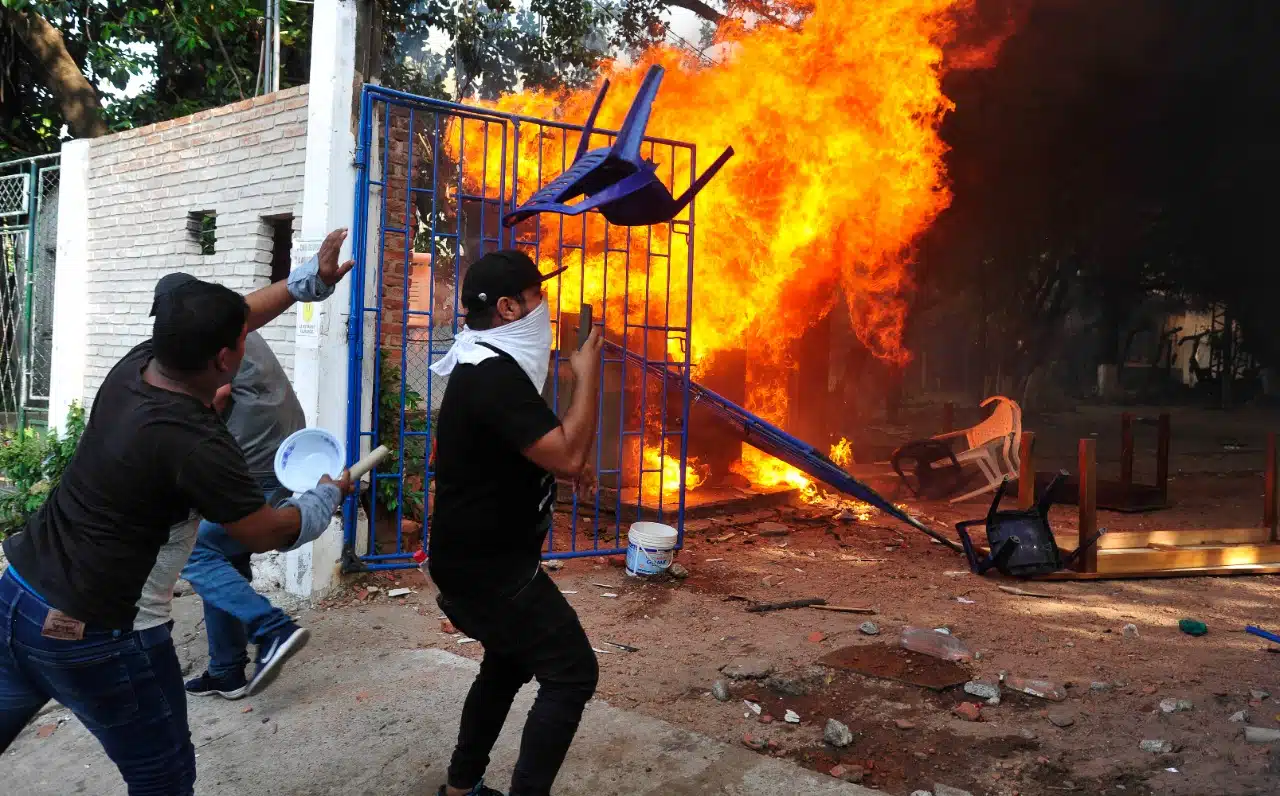Puebla Group promotes new progressive agenda in the region

At the meeting, the development solidarity model was evoked to move towards a more progressive tax structure. | Photo: Twitter @LeonelFernandez
Published November 10, 2022 (10 hours 54 minutes ago)
Under the slogan "The United Region for Change" the meeting was attended by some 100 Ibero-American leaders from more than ten countries.
The VIII meeting of the Puebla Group was installed this Thursday in the city of Santa Marta, Colombia, to address the importance of building a progressive political integration agenda in Latin America.
Under the slogan "The United Region for Change", this meeting was attended by some 100 Ibero-American leaders from more than ten countries.
According to its web portal, the meeting was conducive to discussing the need to include more sectors and "treat the gender issue as one of the main elements of identity for the left."
"The solidarity model of development was evoked to move towards a more progressive fiscal structure, social protection schemes, and the re-launch of integration spaces", such as the Community of Latin American and Caribbean States (Celac) and the Union of South American Nations (Unasur). ), among others.
In addition, they talked about how legal wars or lawfare are "a reality and a constant to intimidate and limit progressive leadership." Given this, the Latin American Council for Justice and Democracy continues to advance in the denunciation and dissemination of the cases that have been presented.
For his part, former Dominican President Leonel Fernández highlighted, through his account on the social network Twitter, that at the meeting they also reflected on the main challenges of Latin America and the Ibero-American integration agenda, reviewing the new progressive cycle in the region.
Similarly, former Colombian President Ernesto Samper commented that the activity paves the way for a new Latin American vision of China based on friendship, mutual respect, shared prosperity and "the rejection of the use of international relations as an instrument of intervention, of blockade or subjugation of peoples".
The former head of state of Bolivia, Evo Morales, celebrated the electoral victories of the president of Colombia, Gustavo Petro, and Luiz Inácio Lula da Silva in Brazil, affirming that this revives "the hope of dignity and sovereignty in the great homeland." .
The meeting was also attended by the former president of Brazil, Dilma Rousseff; as well as the former President of the Government of Spain, José Luis Rodríguez Zapatero, among others.
https://www.telesurtv.net/news/grupo-pu ... -0020.html
They reject coup attempts promoted by Congress in Peru
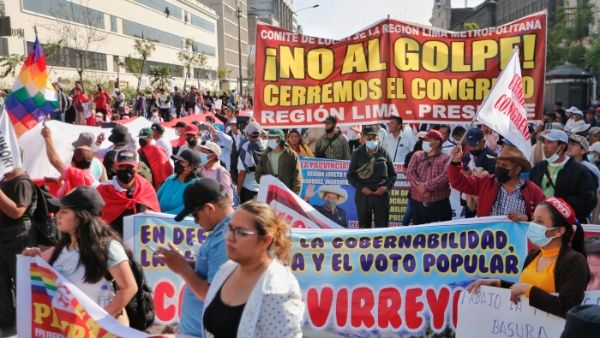
The demonstrators opposed the presidential vacancy attempts promoted by opposition sectors in Congress. | Photo: EFE
Published 11 November 2022
The main concentration took place in Plaza San Martín, in the capital Lima, where the social organizations that supported the administration of President Castillo gathered.
Peruvian social organizations mobilized this Thursday against the coup attempts promoted by Congress, in addition to demanding reforms from the Government that improve the quality of life of the majority.
Collectives, associations and citizens took to the streets of various cities in the country in order to express their rejection of the presidential vacancy attempts promoted by opposition sectors in Congress.
Citizens also called for a constituent assembly to develop a new Magna Carta, and respect for democracy.
The days of protests also ratified the support for President Pedro Castillo, who has saved several impeachment attempts by opposition legislators, while raising a series of demands to deal with rising prices in the country.
The main concentration took place in Plaza San Martín, in the capital Lima, where the social organizations that supported the administration of President Castillo gathered.
The mobilization happens after the Prime Minister of Peru, Aníbal Torres, requested last Tuesday to participate in the plenary session of the legislature, "in order to raise a question of trust."
Given this, the president of the Legislative power, José Williams, rejected that request made by the head of the Council of Ministers, considering that what he intends is to close Congress.
This Thursday, in the Legislative power, the subcommittee on Constitutional Accusations was convened to promote a debate on the possible disqualification of the president for the alleged crime of treason, deepening the political crisis in the South American country.
https://www.telesurtv.net/news/peru-rec ... -0001.html
Google Translator
***********
Peru: Supporters of President Castillo March Against Congress
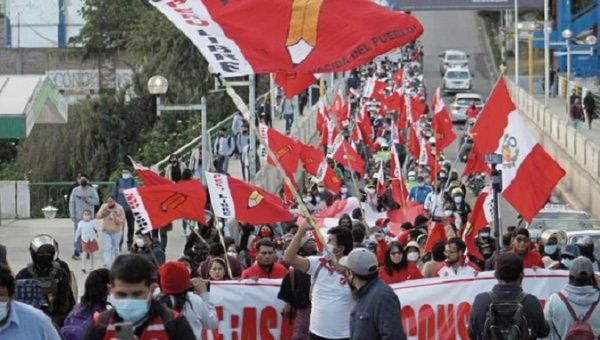
The "Seizure of Lima" march, Nov. 10, 2022. | Photo: Twitter/ @HMarianoRL
The citizens also called for the drafting of a new constitution and the resignation of Attorney General Patricia Benavides.
On Thursday, thousands of Peruvians took to the streets of Lima to protest against Congress, which has been sabotaging and plotting against the administration of President Pedro Castillo.
Carrying national flags and posters with phrases in support of the leftist president, citizens from all over the country converged on the capital city to demand governability in the midst of a political situation marked by tensions between the Executive and Legislative branches.
"We've come a long way to support our president because they don't let him work. The lawmakers don't know how to respect him," said Maritza Aguilar, a woman who was at the "Seizure of Lima" march.
"Idle rats, go home," "We demand that Congress be closed," "This force supports Castillo," and "Always stand up, never on your knees," were some of the phrases that citizens intoned as they advanced with address to Congress.
The tweet reads, "Marino Flores, the spokesperson of the National Central of Peruvian Peasant Patrols (Cunarc-P), arrived at the 'Seizure of Lima' march after meeting with President Castillo at the Palace on Monday. In a previous meeting, he asked for the closure of Congress."
The march started at the San Martin square and headed towards Congress, which was surrounded by bars and a large police deployment.
The citizens also called for the drafting of a new constitution and the resignation of Attorney General Patricia Benavides, who is investigating Castillo in a case of alleged corruption.
The social organizations supporting the Peruvian President denounced that the far-right opposition is attempting a "soft coup" through a plot involving journalists and judges, who seek to remove Castillo from office.
https://www.telesurenglish.net/news/Per ... -0001.html
**************
Colombia’s Ambassador in Caracas: Everything Done With Venezuela Goes ‘Hand in Hand’ With Biden’s Administration
NOVEMBER 8, 2022
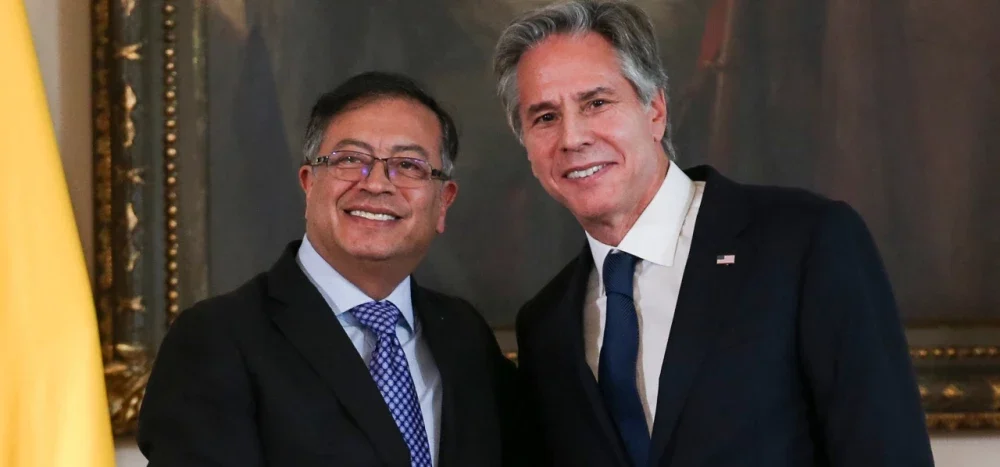
Colombian President Gustavo Petro and US Secretary of State Antony Blinken posing for a photo during Blinken's visit to Colombia in October 2022. Photo: AFP.
In an interview with Colombian news outlet El Tiempo, Colombian Ambassador to Venezuela Armando Benedetti spoke in depth about the progress made in the process of resuming bilateral relations between Venezuela and Colombia.
Benedetti stressed that the meeting between Presidents Gustavo Petro and Nicolás Maduro and the other steps Colombia has taken with Venezuela go hand in hand with the United States, meaning Joe Biden’s administration.
Below is the full interview with Ambassador Benedetti:
How are relations with Venezuela?
Relations with Venezuela have always been a roller coaster. We have had a diplomatic relationship with them for 191 years as of this November. Today it can be said that the restoration of relations has begun and it can be said that they are fine.
And what does this restoration foresee?
Several things: appointing an ambassador; that there be judicial cooperation, which already exists; law enforcement cooperation, which already exists; reopening the border, which we have already done; and air transport, which will begin next week.
What’s going on with Monómeros?
Monómeros [a Venezuelan company that produces chemical fertilizers in Colombia] is fundamental. Since we returned it to its real owner, that gave us the advantage of having the best urea price in the world. They are selling it to us for $600 a ton, and to give you an idea, they are selling it to Cubans for $750, and the regular price is between $750 and $950 per ton.
Colombia’s New President Reverses US Coup, Visits Venezuela, Pledges Unity in ‘Spirit of Bolívar’
What can you highlight from that encounter?
There are two important issues there. One is to tear the borders away from the mafias. Currently, they say there are 200 [illegal border crossing] trails, 10 of which tractor-trailers pass through. So we have to take this away from the mafias, and that requires collaboration because those involved always end up being high officials on both sides.
What are the results so far?
So far, compared to what was done last year, we have already passed $600 million, which is 115% more, and I think we can reach $2 billion this year.
Are we talking about trade?
No sir, only [Colombian] exports. And to use a popular term, we can say that we have it “papaya” [very easy] because, with the price of the dollar [the devaluation of the Colombian Peso] and the fact that they are about to pay us in dollars, that is an opportunity that businessmen cannot miss.
And how are they paying?
They are paying everything in dollars, in cash and in advance.
What else was agreed upon in the meeting between the two presidents?
There is a very important point, and it is that Petro goes to Caracas and tells Maduro to return to the Inter-American Commission on Human Rights. To our surprise, he replies that he will review and study it. This shows that Petro is taking leadership in the region, and that is why we must seek for the region to be united to confront and negotiate with international banks, to end the drug policy imposed on us by the United States through a catalog, and for us [Latin America] to be a monolithic body.
On border security, what did they talk about?
That was the second most important issue of the meeting with Maduro. Petro is very concerned that the border has been opened and that the mafias continue to control many of the crossings.
And what has been thought of?
At least change the officials who are there. I don’t want to accuse anyone, but on both sides, there are officials who have collaborated in smuggling. It is necessary to make some personnel changes.
But in the United States, it seems that they are not very happy with the meeting of Petro and Maduro…
Not that I know of. They don’t get involved in that. Everything that has been done with Venezuela goes hand in hand with the United States, here we are never going to take the United States by surprise.
Hand in hand with the United States?
It goes hand in hand with the United States. I have a fluid relationship with James Story, who is in charge of the United States for Venezuela. I try to tell him what can be said and inform him of what is going to be said.
Washington knew about that meeting?
Of course, of everything.
Speaking of the consular issue, when are the consulates to be reopened?
I hope that the Foreign Ministry appoints the consuls as soon as possible. Those that the Foreign Ministry wants.
And how is the issue of commercial flights going?
Next week two airlines begin regular commercial flight operations. Turpial airline starts on Monday. Satena begins to fly from Colombia and Turpial from Venezuela. Currently, a Colombian who wants to get to Caracas has to go to Panama and wait five hours for a transfer to be able to travel to Caracas. And the ticket can cost up to $1000.
https://orinocotribune.com/colombias-am ... istration/
**************
Bolivia: The Insurrection of the Oligarchy Step by Step
Posted by INTERNATIONALIST 360° on NOVEMBER 10, 2022
José Galindo
 This is the third week of the conflict over the Census, which reveals that the Government is no longer facing a partisan political opposition, but an insurrectionary counterrevolutionary movement seeking to seize State power beyond what can be allowed in a democratic context, having as its main instrument the use of force, including armed force. The oligarchy knows that it will never be able to win an election and that the only thing left for them is a coup d’état.
This is the third week of the conflict over the Census, which reveals that the Government is no longer facing a partisan political opposition, but an insurrectionary counterrevolutionary movement seeking to seize State power beyond what can be allowed in a democratic context, having as its main instrument the use of force, including armed force. The oligarchy knows that it will never be able to win an election and that the only thing left for them is a coup d’état.
What began as an apparently technical problem is now on the verge of becoming an open dispute for power. It is no longer a question of whether the Census takes place in 2023 or 2024, but of who has effective control over the lives of the citizens. One conclusion can be drawn at a glance: beyond the legitimacy granted by the October 2020 elections, in which the Movement Towards Socialism (MAS) managed to win with more than half of the votes, the Santa Cruz oligarchy is committed to a project based on the undisguised deployment of force, both through paramilitary shock groups and the coercion that allows them to own one of the most profitable businesses in national history: land. However, while the leaderships of the disputing sides strive to steer the crisis towards their own objectives, the popular masses seem to have gone further, demanding not only the removal of the main leader of the civic opposition, but the expropriation of his companies, making clear the intensity of the class struggle that is being waged in the heart of Latin America.
The extreme positions adopted by the Santa Cruz elites demonstrated from the beginning that their interests went beyond the distribution of spaces for political representation and income from the exploitation of hydrocarbons based on the data produced by a National Population and Housing Census, being in reality an attempt to take by force what could not be achieved by democratic methods: the control of the State. The resources deployed in this campaign of the eastern oligarchy against the Government are designed not to demonstrate empirically the importance of the department of Santa Cruz in the national economic scenario, but to reactivate the political cleavages in order to strengthen a class project that cannot coexist with the presence of a Government that represents the popular sectors, and which is based on the ownership of a fundamental means of production in non-industrialized countries: land.
A new stage
In this political struggle, the agribusiness elites no longer resort to the interpellation of subnational actors, much less to the Plurinational Legislative Assembly (ALP) or any institutional space to settle conflicts between sectors of society, but to the mechanisms at their disposal based on their control over the main businesses in the East, which is based on the current agrarian regime in Bolivia. This non-formal but effective prerogative is taken advantage of by these actors organized in the Santa Cruz government and the civic committee of this department and wielded to paralyze the economic movement in Bolivia, as well as to create the conditions for food price speculation at the national level, while mobilizing their repressive paramilitary forces, constituting a real challenge to the legitimacy of the legally established Government. The message is impossible to misinterpret: “It does not matter that they have won elections, we are the owners of the means of production”.
Their open challenge to the Government initially achieved the manifestation of discontent and sectorial opportunism, which was opportunely deactivated by the Executive through negotiations with one of the best organized sectors for the conflict: the mining cooperatives. The civic strike demanding the abrogation of DS 4.760, which postponed the National Census from 2022 to 2024, began on Saturday, October 22 and by Monday, October 24, the gold cooperatives took advantage of the situation to extract concessions from a Government that was evidently in trouble, initiating mobilizations in downtown La Paz demanding a lower tax rate than the one established according to fiscal requirements. Minority sectors radically opposed to the government, joined their mobilization, paralyzing the streets and causing anxiety in the authorities, who had to deal simultaneously with a violently forced civic strike in the East. The Executive was forced to give in, although less than the opposition would have liked, going from a tax of 5% per ounce of gold to 4.8%.
The weakness of the middle classes
But the miners’ retreat did not prevent the mayor’s office of the city of La Paz, controlled by Iván Arias, from initiating its own mobilizations on Wednesday 26, although with very little notice, which was easily counteracted by the militancy of the ruling party, but not without provoking clearly racist expressions by the mayor, who described his opponents as “orcs”, a term used in the coup d’état to designate the supporters of the “masismo”, stigmatized by their indigenous composition, denigrated by the national elites. In any case, without the presence of the miners in the streets, and without the accompaniment of other popular sectors circumstantially confronted with the Government, such as the Association of Coca Leaf Producers of the Department of La Paz (Adepcoca), the urban middle classes of the West could do little to destabilize Arce. The middle and upper classes are clearly weak without the support of the majority popular sectors, whom, on the other hand, they despise every day.
Simultaneously, the victory of the ruling party allowed the implementation of more decisive pressure measures against the Santa Cruz agro-industrial elites, decreeing a ban on exports as long as a strike that threatened to generate shortages of essential products for the family basket, such as meat and grains, was maintained. The oligarchy, in turn, mobilized the international transportation sectors through which they market their products, which began a strike that lasted barely a day, when the Government lifted its measure while trying to deactivate the Santa Cruz civic strike. And although the transportation sectors also withdrew, the insistence of the civic sectors in maintaining the strike led the social organizations that form the base of the MAS to execute a siege around the city of Santa Cruz de la Sierra, raising the stakes in this dispute for power masked as a conflict over technical issues.
A fourth intermission seemed possible with the realization of a Summit for the Census in Cochabamba on Friday 28, with the participation of the sub-national governments, with the exception of the Governor’s Office of Santa Cruz, but also with the participation of social sectors that proposed themselves as a counterweight to the civic sectors. The summit, in spite of this, ended up being a failure in relation to the strike, although it was a success in demonstrating the Government’s predisposition to understanding. The strike continued, however, and with increasing virulence.
The popular response to the coup challenge
It is here where history takes an unexpected turn. The encirclement of the popular classes against the oligarchy was answered with the usual violence of the wealthy classes against the indigenous population, including racist acts in the municipality of La Concepción, where the deputy governor of the province physically attacked indigenous women while shouting racist slogans and his paramilitary forces set fire to their homes. The event was reminiscent of the racist overtones of the 2019 coup d’état. Such acts of hatred remain to be judicially judged. But the response did not take long to come from the peasant sectors that maintained the siege against the oligarchy, which broke the final straw by demanding that, despite their strike against the Government, the latter should guarantee the supply of gas and energy to the companies controlled by the insurgent businessmen, evidencing the class character of the alleged civic strike, which forced the popular sectors to make sacrifices when the upper classes continued to generate profits.
The peasant and popular sectors thus went from encircling the city of Santa Cruz de la Sierra to demanding the resignation of Governor Luis Fernando Camacho, known for his gangster-style threats and arrogance, but also, and this is central, to considering the seizure of the oligarchy’s companies related to the strike, which in fact was a proposal for the socialization of the oligarchy’s means of production. Such a possibility goes beyond the traditional nationalizations of progressive governments and is certainly not even in the calculations of the leftist government of Luis Arce. The popular masses are radicalized beyond the expectations of their leaders, and remain ahead of them, although without a leadership that would make their aspirations possible. Thus, although the idea of expropriating the oligarchy of its main enterprises is not far-fetched, it remains a slogan as long as its realization is not contemplated by the Government, which is increasingly pushed to assume its role of vanguard of the popular classes with greater firmness.
The desperation of the elites manifested itself in the form of ruptures and resignations within their ranks, with part of the civic committee and the Interinstitutional Committee led by the rector of the conservative Universidad Mayor Gabriel René Moreno, Vicente Cuéllar, opening up to dialogue, while the until recently radical sector led by Rómulo Calvo also opened up to negotiation, leaving Governor Camacho in solitude, unable to do anything but cling even tighter to his extreme position of not reaching a consensus with the Government. Nevertheless, the paramilitary arm of the civic committee, the Unión Juvenil Cruceñista, continued in the streets beyond the position of its leader Calvo, going to the extreme of assaulting a police station in the municipality of La Guardia, going from protest to sedition and terrorism. Extremes that may seem unlikely if one takes into account that the general elections are only three years away, but which make sense when one considers that the strategy of the opposition, led by the agro-industrial elites through the civic committees, is no longer that of political struggle, but that of the deployment of force and coercion, both with their paramilitary bands and their control over the economic opportunities that their ownership of the means of production affords them, land being the principal means of production.
The 17 days of the civic strike confronted not only the Government and the social organizations related to the ruling party, but also their own excessive actions, which play a more harmful role for them than for their opponents. In the absence of support from other sectors opposed to the Government in the rest of the country, and with increasingly indefensible positions, a part of the civic committee agreed to participate in a second attempt at negotiation with the Government, this time in the eastern city of Trinidad, while the governor of Santa Cruz refuses to yield, risking further isolation, to the point of losing the social support that sustains him as an elected authority. In Trinidad, the Technical Table has been installed, which should lead to the lifting of the indefinite civic strike. If this does not happen, it will be proven that Camacho’s plan is a new coup d’état by means of a counterrevolutionary insurrection.
Thus we reach the third week of the conflict over the Census, which reveals that the Government is no longer facing a partisan political opposition, but an insurrectional movement seeking to seize the power of the State beyond what is possible in a democratic context, having as its main instrument the use of force, including armed force.
This poses a challenge to the popular sectors and the Government, to organize themselves to face higher and higher levels in the class struggle, which will not be overcome solely through the measurement of strength and power of mobilization, essential in the following days, but in the generation of a program adequate to the circumstances, which must be, it seems, revolutionary.
https://libya360.wordpress.com/2022/11/ ... p-by-step/


